Frozen Conflicts, an international conference featuring leaders from around the world where simmering tensions have created political and economic gridlock, will be presented by Chapman University’s
Center for Global Education
on Thursday, April 16.
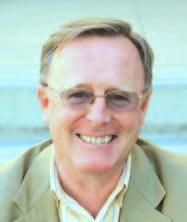
James Coyle, Ph.D.
“Despite attempts to bring closure to these armed standoffs – some attempts have gone on for decades – the sides remain eyeing each other warily,” says James Coyle, Ph.D., director of the Center for Global Education and the conference organizer.
Such pressures drain economies, force large populations into itinerant lives in refugee camps and carry the potential for full-blown armed conflict, Coyle says. He hopes the conference will help world leaders focus on finding better solutions.
Among the stand-offs to be discussed by a host of international panelists are: Moldova, Georgia and Ukraine; Armenia, Azerbaijan and Nagorno Karabakh; Kashmir; Korea; and Ireland.
Coyle acknowledged that Ireland may seem like a surprising region to include. But he says some scholars, including
Paul Arthur
, Ph.D., interim director of Peace Studies at Chapman and one of the architects of the Good Friday Agreement, have observed growing resentments among younger generations there who’ve come of age after the violent battles of the Irish-Anglo dispute.
Frozen Conflicts is the center’s annual Global Citizens Conference. Among the co-sponsors are the Los Angeles World Affairs Council and The Atlantic Council.
Registration information and a full list of speakers is available online at
Frozen Conflicts
.
Frozen Conflicts conference to examine simmering conflicts around the globe
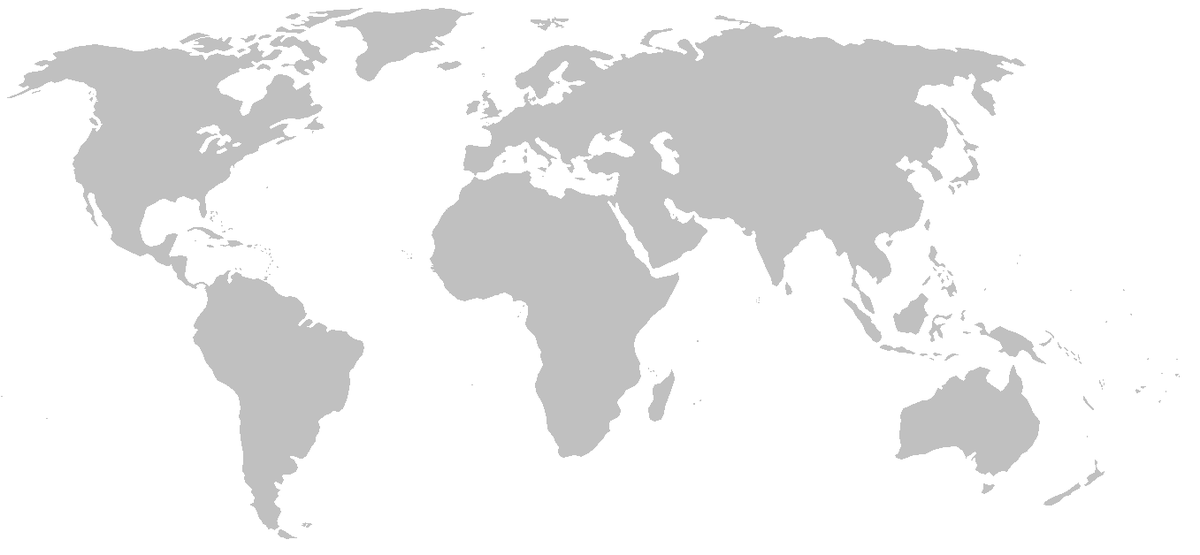
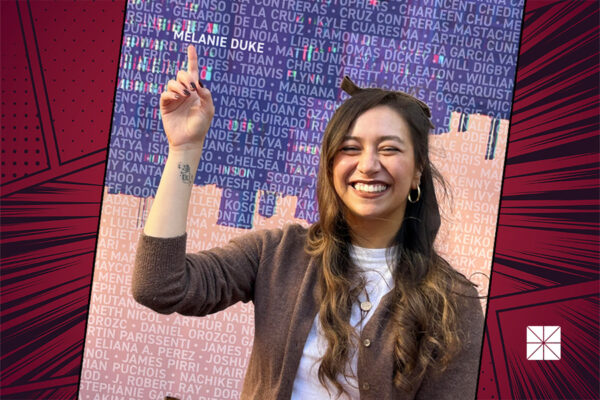
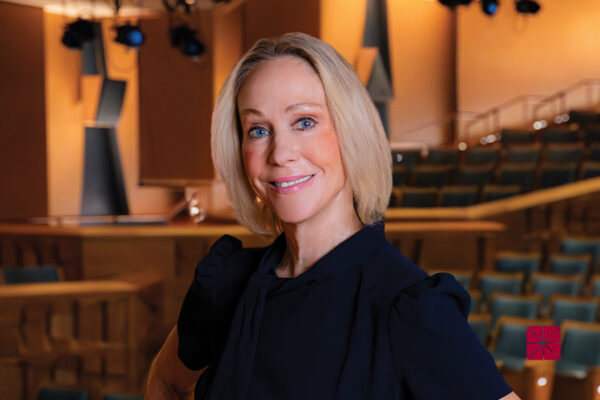
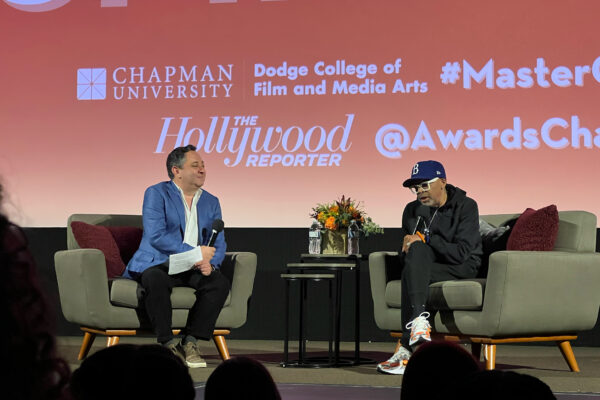

Add comment